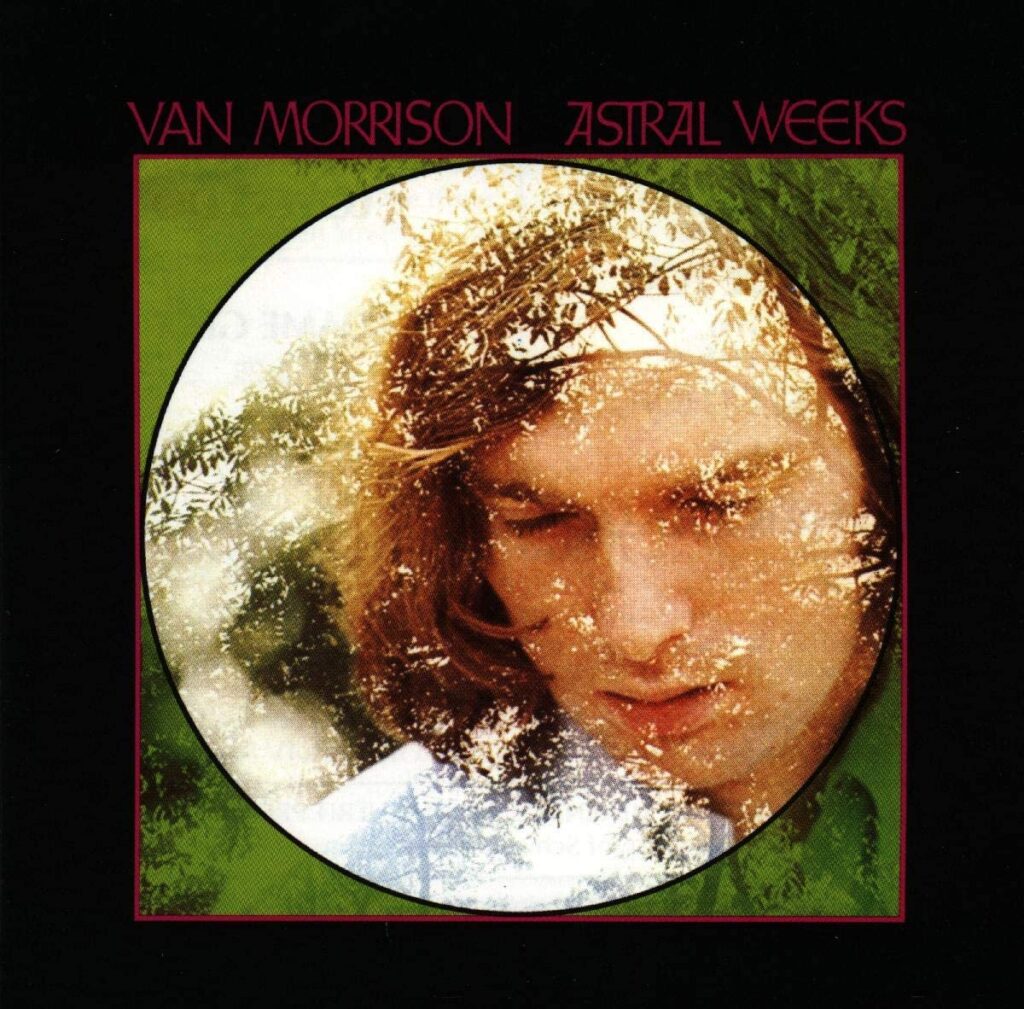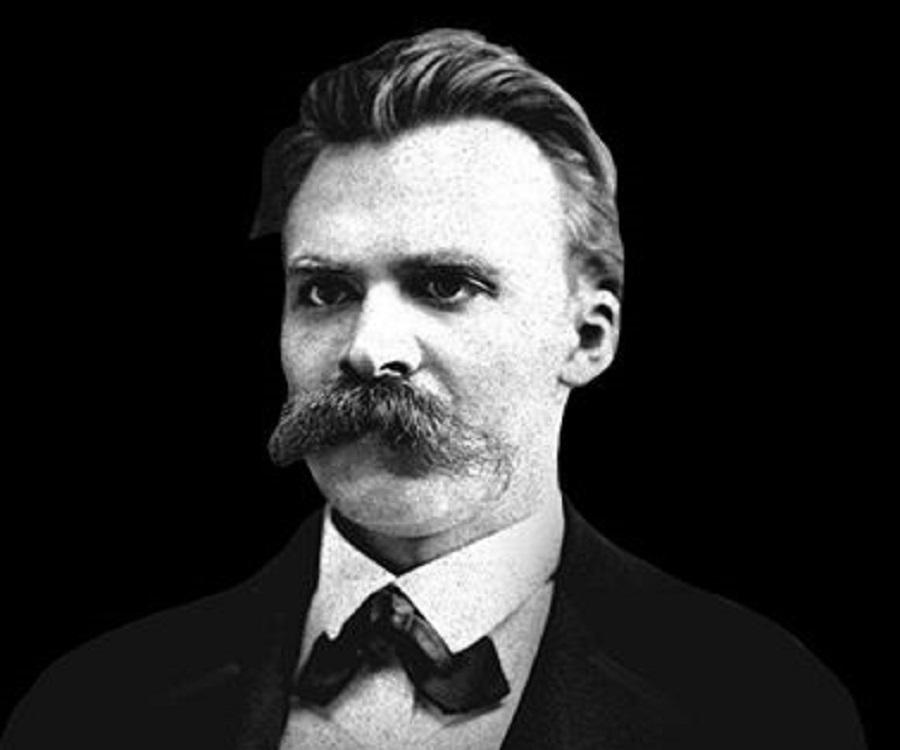Dear Toby,
“Success” is a quicksilver term it means so many things to different people, yet ostensibly everyone in our society wants it. The danger I see is that if you are not very careful in defining what counts as success you will spend a large amount of your life chasing a phantom. Further, the idea of success can be problematic if a bunch of separate objectives become fused. This fusion can result in a situation where you have achieved much but still feel like you have in some ultimate sense failed, as you have not achieved the totality of the merged goals. Thinking like this can rob yourself appreciation of the good things you have done. Further, the thrill and luminosity that comes from having achieved something is fleeting sensation; the work that must happen to achieve something worthwhile will take far longer. In light of this, you must enjoy the process of what you are working towards. For if you are working hard to get where you want to go the majority of life will be taken up with preparing to achieve your goals, no sooner do you reach the summit than you look to the next horizon, no sooner do you gain something than you are grasping after the next thing. Enjoy the ride, try and have some fun once in a while.

Appreciate what you have right now for no one knows what tomorrow will bring. Be kind to yourself; beating yourself up achieves nothing. Having compassion for yourself does not entail compromising on yours standards. Negativity in whatever form it takes may move you closer to the things you desire but the cost to your mental state will be great. Fight for what you want but do not be taken in the by the world of form the law of change means that everything that is with you now will one day dissolve. Do not rely to temporary things for ultimate satisfaction. It is entirely possible to achieve everything you set out to accomplish and still be miserable, the ego can never be truly satisfied, its thirst is only quenched for briefly. Happiness is a choice that must be made anew each day.
Life will test you to see what you are prepared to sacrifice in order to come closer to your dream, at times you will feel inches away from the end only to have your progress erased in a instant. Do not be discouraged, rebuild yourself and steel yourself to fight another day. It is only by going through such trials that you can ever be truly deserving of victory. Focus on your own path, other people will unwittingly place their own expectations and prejudices on you. Sometimes people will actively try and sabotage you for as Steven Pressfield writes:
“The reason is that they are struggling, consciously or unconsciously, against their own Resistance. The awakening writer’s success becomes reproach to them… The highest treason a crab can commit is to make a leap from the rim of the bucket1.” You must not let the opinions of other people drive what you do, trust your intuition. The bolder the plan or vocation you choose to pursue the more opposition life will throw at you, you are being tested. For years you may wonder why you persist walking down and such a marginal and arduous path. Remember this, life without struggle is meaningless. Perhaps you will even look back on these times one day with nostalgia as you remember a simpler time in your life. No matter what life throws at you do not become ungrateful or jaded, for such attitudes, however well justified, will ultimately prevent you from enjoying the good things in life.
Look after yourself financially but do let money be the primary signal that you pay attention to for this will ultimately lead on a diversionary path that will take you further away from where you actually want to go. Remember Francis Bacon’s words that “money is a great servant but a bad master.” Have empathy for other people for now matter how cruel they are towards you they are themselves victims also, either of a past event or their own ego. Hatred of others is merely self hatred in disguise. For you and other people share the same essence, so by directing aggression towards others your are judging yourself. This negativity has nothing to do with judgements concerning the rightness or wrongness of someone’s action, you can hold whatever moral judgement is appropriate for the situation without it being tinged with negativity.
Do not grasp any situation too tightly allow things to take their natural course and success and failure to come and go as they please. You cannot control what happens outside of yourself but can control how you respond to what happens, self sovereignty is having control on how you respond to events. Luck if a fickle thing it will raise you up in one instant and then lay you low in the next. By taking positive action you can create good luck but there is a certain hard mysterious aspect of luck which is out of your control. Contrary to popular mythology success does not always come to those who deserve it. Regard the noble list of past masters, how many of them achieved recognition in their own time? How many were only recognized after their death? How many had the fruits of their success stolen from them? Remember also the vast ranks of the mediocre who are heralded as great.
Practice self awareness, you are only free to the extent that you can master and understand yourself. If you cannot you are destined to be mastered by other forces. Be careful how you spend your time and what you focus on for this will ultimately determine the course of your life.
In closing, test and weigh whatever guidance you receive , find joy in simple things and follow your heart.



